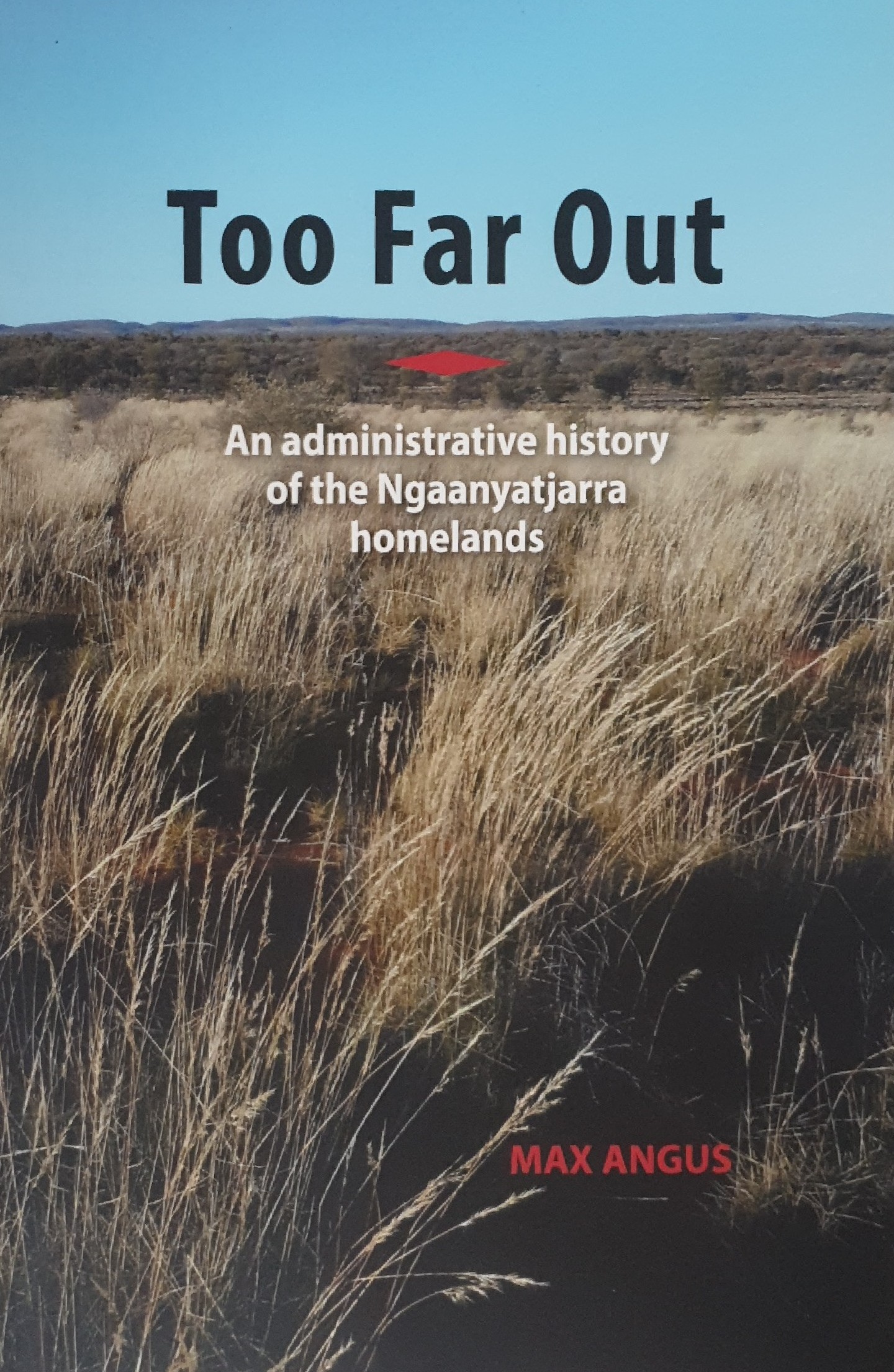Too Far Out: An Administrative History of the Ngaanyatjarra Homelands
$85.00
1 in stock
For a century following the gruelling expeditions of the first European explorers through the remote homelands of the Ngaanyatjarra people in Western Australia, successive governments concluded that the arid region was ‘beyond the limits of civilisation’. They adopted a policy of ‘non-interference’ – a euphemism for official neglect. Allocated puny budgets, administrators were without means of providing basic human services to the Ngaanyatjarra people.
In 1934, to fill the gap, a handful of evangelical Christian missionaries arrived to build a depot near the Warburton Ranges. Conditions were primitive and support was limited. Their main goal was to lay the foundations of a Ngaanyatjarra Christian church.
The situation changed radically in the 1970s after the mission station closed and the Commonwealth government launched its policy of Aboriginal self-determination. It tried to make up for lost time but imposed an unrealistic timetable to right past wrongs, misjudging the willingness and capacity of the desert people to manage their own communities according to unfathomable administrative precepts.
This original work, based on the history of one place over many decades, looks closely at how officials of the state and Commonwealth governments engaged with the people living in the Ngaanyatjarra homelands. The account avoids simplistic, narrow explanations and valuations of what was a complex struggle every step of the way.
It is deeply ironic that in the 1990s, when there were grounds for optimism in the Ngaanyatjarra communities, governments began to dismantle the administrative apparatus on which the progress was at last being built.



